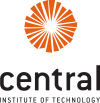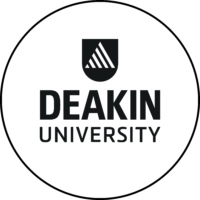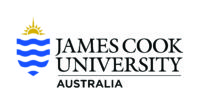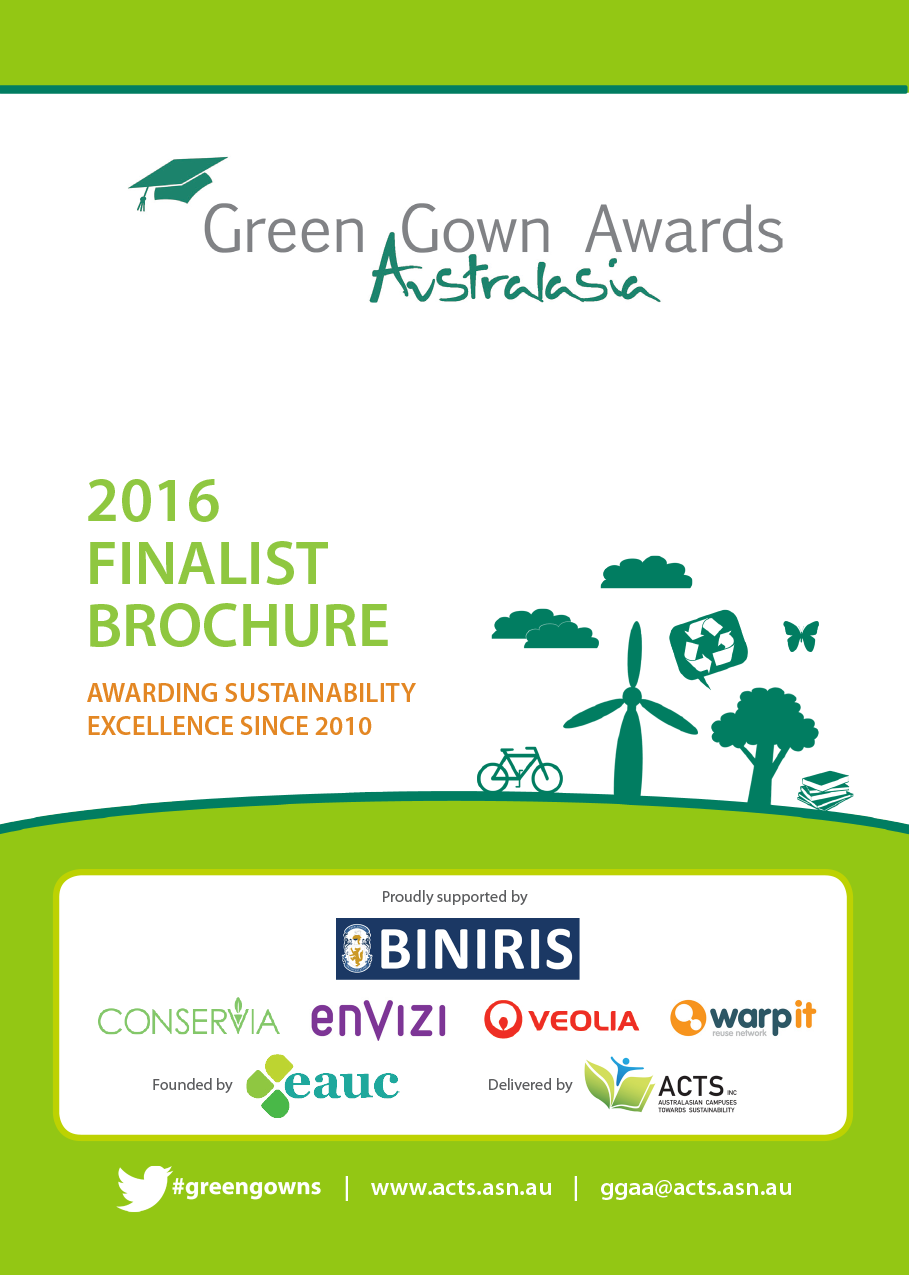2015
Friday 23 October
The Pier, Geelong, Australia
43 finalists with 11 winners & 5 highly commended
Best Newcomer
W I N N E R
More: the problem of plenty in Australia’s fastest growing University
Australia’s fastest growing University of the last decade is now one of Australia’s most sustainable Universities, with sector-leading energy and water efficiency and landfill diversion rates to match ACU’s local and global programs to assist the poor and vulnerable.
Built Environment
W I N N E R
Green Skills Training Centre: A catalyst for Green-Star construction
The GreenSkills Training Centre is an award-winning catalyst for change in the built environment. A training facility for students studying sustainability courses, it is the embodiment of sustainable technology, where the infrastructure is integral to the student’s learning experience. With its 6 Star Green Star design rating by the Green Building Council of Australia, the facility is self-sufficient in energy generation and water, and minimises Central’s environmental footprint.
H I G H L Y C O M M E N D E D
IMAS Building: more than just a building
The IMAS building was constructed to provide a contemporary new home for the Institute for Marine and Antarctic Studies. As significant work done by the building occupants (scientists/researchers and students) focuses on climate change and other environmental impacts from human activity, it was imperative that this 5-Star building must excel in energy and water efficiency, reduced carbon emissions, waste management, use of sustainable materials and interior flexibility.
Carbon Reduction
W I N N E R
De-carbonising Vic
Since 2007 Victoria University of Wellington has been reducing its carbon emissions. Stationary energy and transport were identified as target areas. An extensive list of projects have been delivered with a modest budget by a small team. Total carbon emissions have been reduced by 12 percent (despite a growing campus) and operating costs reduced by millions.
Community Innovation
W I N N E R
Easy as Pi! Using La Trobe e-waste to support learning opportunities for school students
La Trobe University ICT Department donated 40 sets of computer peripherals (monitors, keyboards and mice) to help Whittlesea Council roll out a project to build computers and teach programming skills in their local community. The program is an example of how a small contribution can be hugely rewarding and lead to other great things!
Continuous Improvement – Institutional Change
W I N N E R
Integrating Sustainability at Melbourne – A whole of University approach
The Sustainability Program has grown since 2006 to include initiatives across leadership and governance, facilities and operations, learning teaching and research, and partnerships and engagement. The Program has seen increases in carbon savings from 9,713 in 2008 to 31,754 tonnes in 2014, water savings of 164ML/pa (30%) since 2006 and savings from the furniture reuse program of $2,821,815 based on estimated retail replacement value and $130,445 on landfill charges.
Facilities & Services
W I N N E R
Furniture and Equipment Re-use Service
The Furniture and Equipment Re-use Service offers a range of workstations, storage solutions, and other items for sale at a low cost, presenting a sustainable and economic alternative to purchasing new furniture or equipment. It is available to University of Melbourne departments, faculties and affiliate organisations. The project has been underway for 3 years and has saved an estimated $200K on landfill charges and $3.5M savings on retail replacement.
H I G H L Y C O M M E N D E D
Refill not Landfill – Leading the way with a water refill campus!
USC is a Water Refill Campus that provides bottle refill stations, fountains and water refill vending machines that dispense chilled and filtered water in place of selling bottled water. This initiative aligns with the University’s goal to reduce waste and foster an environmentally responsible campus. In one year USC has saved 29,711 single use plastic water bottles from being sold on campus which equates to 767 kg of carbon emissions.
Learning, Teaching & Skills
W I N N E R
Sustainability Consortium
for Learning Standards
Building national consensus for essential learning in tertiary sustainability education
The key output form this project is a set of inspiring yet workable standards for tertiary sustainability education that articulate what constitutes essential learning for sustainability in tertiary education. The process of crafting the standards was highly collaborative and participatory, leading to a consensus amongst stakeholders in sustainability education about what knowledge, understanding and skills are essential for graduates from tertiary programs in sustainability. The consortium is lead by The University of Newcastle and includes The Australian Council of Environmental Deans and Directors, Australian National University, Flinders University, Macquarie University and the University of New South Wales.
H I G H L Y C O M M E N D E D
Head, hearts and hands – intertwine and inspire!
Creating Sustainable Futures commenced as an interdisciplinary unit on climate change, it has evolved into a process for, as well as product of, Education for Sustainability (EfS) which over 1000 students have experienced. It is included in all Deakin University undergraduate sustainability majors. It has facilitated and contributed to: establishment of a student society; short courses for health practitioners; sustainability events for local communities; sustainability workshops for secondary school students and; reinvigorated a Centre for Sustainability Research.
Student Engagement
W I N N E R
The JCU Green Bike Fleet – new love for unwanted bikes
CU’s innovative Green Bike Fleet program gives new love to abandoned or unwanted bikes. The program has restored over 260 bikes, which are then sold to students. The program was designed around the four pillars of sustainability and the cost-neutral business model, allows the project to continue indefinitely. The popularity of the program has been outstanding, with initial targets exceeded by 260% and supply of bikes unable to keep up with demand.
H I G H L Y C O M M E N D E D
Greening RMIT
Greening RMIT is a student-run project dedicated to promoting sustainable food and gardening on campus. Through hands-on education and community building events, we hope to inspire people to reconnect with food and the natural environment. Centre to the project is the RMIT student community garden, created on a 10th floor balcony in the Melbourne CBD, where students learn how to grow food in a ‘living laboratory’.
H I G H L Y C O M M E N D E D
C15Hack – Australia’s biggest green innovation hackathon
C15Hack was Australia’s biggest green innovation hackathon. 41 students worked in small teams to tackle 7 different challenges from across the campus and Melbourne city-wide. They had 24 hours and a designed process, with tons of great prizes, challenges and activities along the way. The winning team, Wildversity, has gone on to gain seed funding through the University’s Green Innovation Fund for their campus biodiversity app.
Leadership
W I N N E R

Professor Grant Guilford – Vice Chancellor
Professor Grant Guilford is the current Vice Chancellor of Victoria University of Wellington. Since taking the role in February 2014 he has already made a significant impact in the area of sustainability. He has established a new role of Assistant Vice-Chancellor (Sustainability), integrated sustainability into the strategic plan, driven the decision to divest from fossil fuels and led sector wide lobbying of central government on climate change targets. Through his decisions and actions Professor Guilford has raised the profile of sustainability at Victoria, created a mandate for staff and students to get involved and motivated wider action.
ACTS Award of Excellence – Staff
W I N N E R

Dr Colin Hocking
Colin has collaboratively led the curriculum development processes at La Trobe to help embed sustainability across all undergraduate courses – an Australian first. To date, this has included working with academic staff in large scale subjects across disciplines such as business, arts, health, education, science and numerous other areas, to incorporate sustainability that is robustly expressed and assessed, in line with the University-wide definition of sustainability. Colin has used his position and experience to broaden discussion and exchange of ideas and resources to assist education for sustainability (EfS) practitioners, across Australia and beyond. This includes establishing the outward looking La Trobe website for documenting La Trobe’s processes, tools, examples and resources for sustainability education. It also led to establishment the first Australia-wide network of tertiary EfS practitioners, winning funds to help put this network on a solid footing, now transformed into the SUSTAINed Network. This now has over 100 active participants, discipline and interdisciplinary interest hubs, and has run three blended on-line and face to face national symposia over 18 months. Colin has presented his work at National and International conferences, and in 2014 won (as lead author) the best paper and presentation at the World Symposium on Sustainable Development in Higher Education.
ACTS Award of Excellence – Student
W I N N E R
Lucy Graham
Lucy has just completed her second year of university, during this time she has demonstrated a great passion and commitment to sustainability in the JCU Community and Cairns community. In her first semester at JCU Lucy completed the TropEco Sustainability Internship and professional college. During this time she was elected president of the JCU sustainability club, a student run club promoting sustainability. Since becoming president Lucy has volunteered endless hours to create connections between the community and encourage students to run projects on campus; successfully creating partnerships in which students volunteer and engage with a wide range of community groups. Lucy has played a key role in encouraging students to get involved and be leaders themselves, at the same time contributing hundreds of volunteer hours to the different groups on a regular basis.














